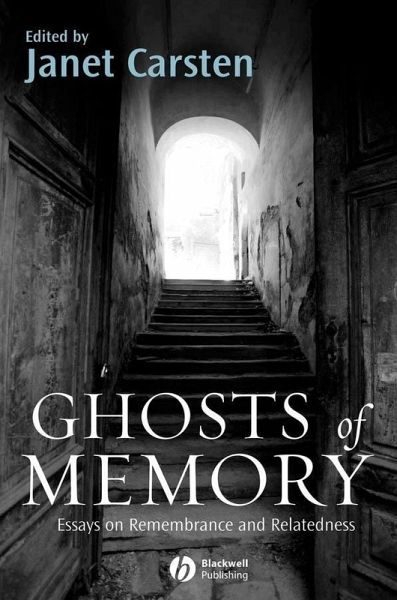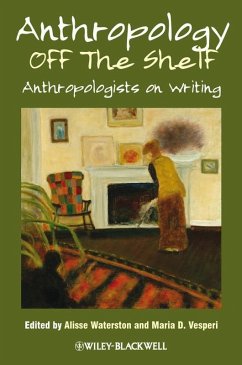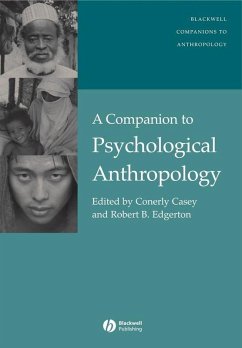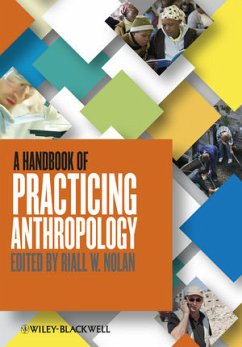
Ghosts of Memory (eBook, PDF)
Essays on Remembrance and Relatedness
Redaktion: Carsten, Janet
Versandkostenfrei!
Sofort per Download lieferbar
97,99 €
inkl. MwSt.
Weitere Ausgaben:

PAYBACK Punkte
0 °P sammeln!
Ghosts of Memory provides an overview of literature on relatedness and memory and then moves beyond traditional approaches to the subject, exploring the subtle and complex intersections between everyday forms of relatedness in the present and memories of the past. Explores how various subjects are located in personal and familial histories that connect to the wider political formations of which they are a part Closely examines diverse and intriguing case studies, e.g. Catholic residents of a decayed railway colony in Bengal, and sex workers in London Brings together original essays authored b...
Ghosts of Memory provides an overview of literature on relatedness and memory and then moves beyond traditional approaches to the subject, exploring the subtle and complex intersections between everyday forms of relatedness in the present and memories of the past.
- Explores how various subjects are located in personal and familial histories that connect to the wider political formations of which they are a part
- Closely examines diverse and intriguing case studies, e.g. Catholic residents of a decayed railway colony in Bengal, and sex workers in London
- Brings together original essays authored by contemporary experts in the field
- Draws on anthropology, literature, memory studies, and social history
Dieser Download kann aus rechtlichen Gründen nur mit Rechnungsadresse in D ausgeliefert werden.












